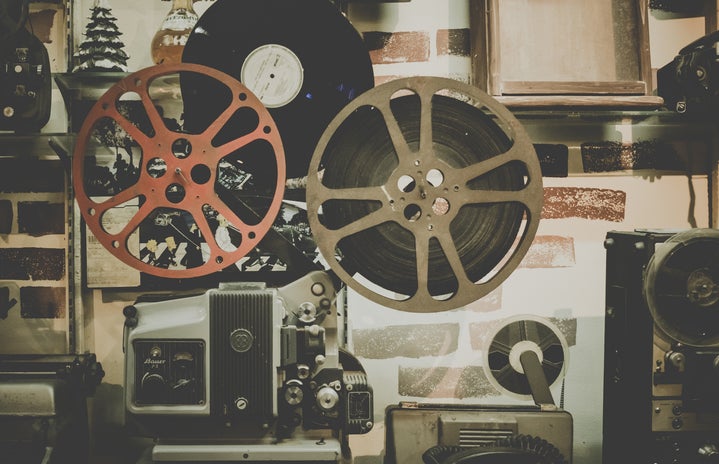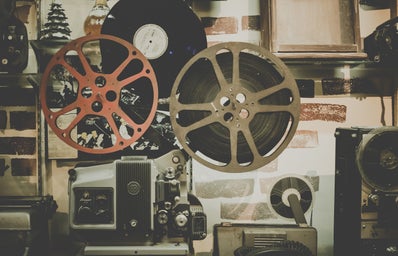Have you done any of the following?
- Read Perez Hilton like it’s a daily newspaper.
- Anticipate watching Keeping Up With The Kardashians each Sunday, even ifKim throws a tamper tantrum every week.
- When you get home from a movie, you immediately stalk/google/drool over that hot actor or actress you watched.
- Constantly scour the web to decode the love life of various celebrities, particularly your favourite couples.
- All of the above.
I admit, with a tinge of embarrassment, that I am very guilty of committing point c). It happened with Chris Pine after I watched Star Trek, and I immediately stalked Joseph Gordon-Levitt after viewing Inception.
So why do I—and most of society—obsess over celebrities? The thought of meeting our favourite movie stars can cause our hearts to race and tingle with excitement. I recently watched a movie called “The Bling Ring,” which exemplifies celebrity obsession to the extreme. The book documents the true story of a group of California teens who robbed a string of celebrity houses. They stole Lindsay Lohan’s heirlooms, raided Paris Hilton’s closets, and rummaged through Audrina Patridge’s belongings. The intriguing part is: why? Why would a group of teenagers risk serious consequences to steal some designer clothes and shoes? They could have easily tried stealing clothes from department stores, which seems like an option with less risk. But stealing luxurious clothing was never the goal—or mindset. They were addicted to the notion of a “celebrity lifestyle.” To them, that lifestyle exceeded the dangers of their crime. Since they could not buy the celebrity experience, they opted for the next best thing—stealing celebrities’ clothes, and wearing them to feel like celebrities themselves. Perhaps if they strolled into nightclubs wearing Paris Hilton’s Chanel jacket and Lindsay Lohan’s jewelry, they would undergo the lavish utopia that celebrities live in.
The most terrifying part is the teenagers’ perception of celebrity lifestyles. They viewed celebrities as models of perfection, but they also misconstrued perfection with the celebrity lifestyle. Where did such a flawed perspective of happiness and success originate from?
Funny enough, it leads back to society. It even leads back to me, when I stalked actors via Google. Society is constantly curious about celebrities; they live an affluent lifestyle, one that is on the opposite end of the spectrum. TMZ and E! News exist because people watch these programs. People read Perez Hilton and various gossip magazines, such as Us weekly. Tweens go out and stalk One Direction after seeing them live in concert.
I am guilty of contributing to the celebrity obsession. You are probably guilty as well. However, if people stop treating celebrities like they are perfect, then the term “celebrity” would not exist. In democratic countries, like Canada and the U.S., equality exists. But if celebrities are such a large part of our culture, then isn’t inequality a core part of our lifestyle?
Take simple steps. Trade Perez Hilton for The New York Times. Read a book instead of watching a trashy reality show. Maybe you’ll notice a change, a change for the better. Once in a while, you can stalk the hot actor or actress from that new movie. I repeat: only once in a while.

